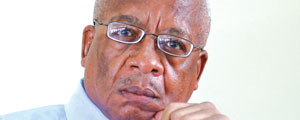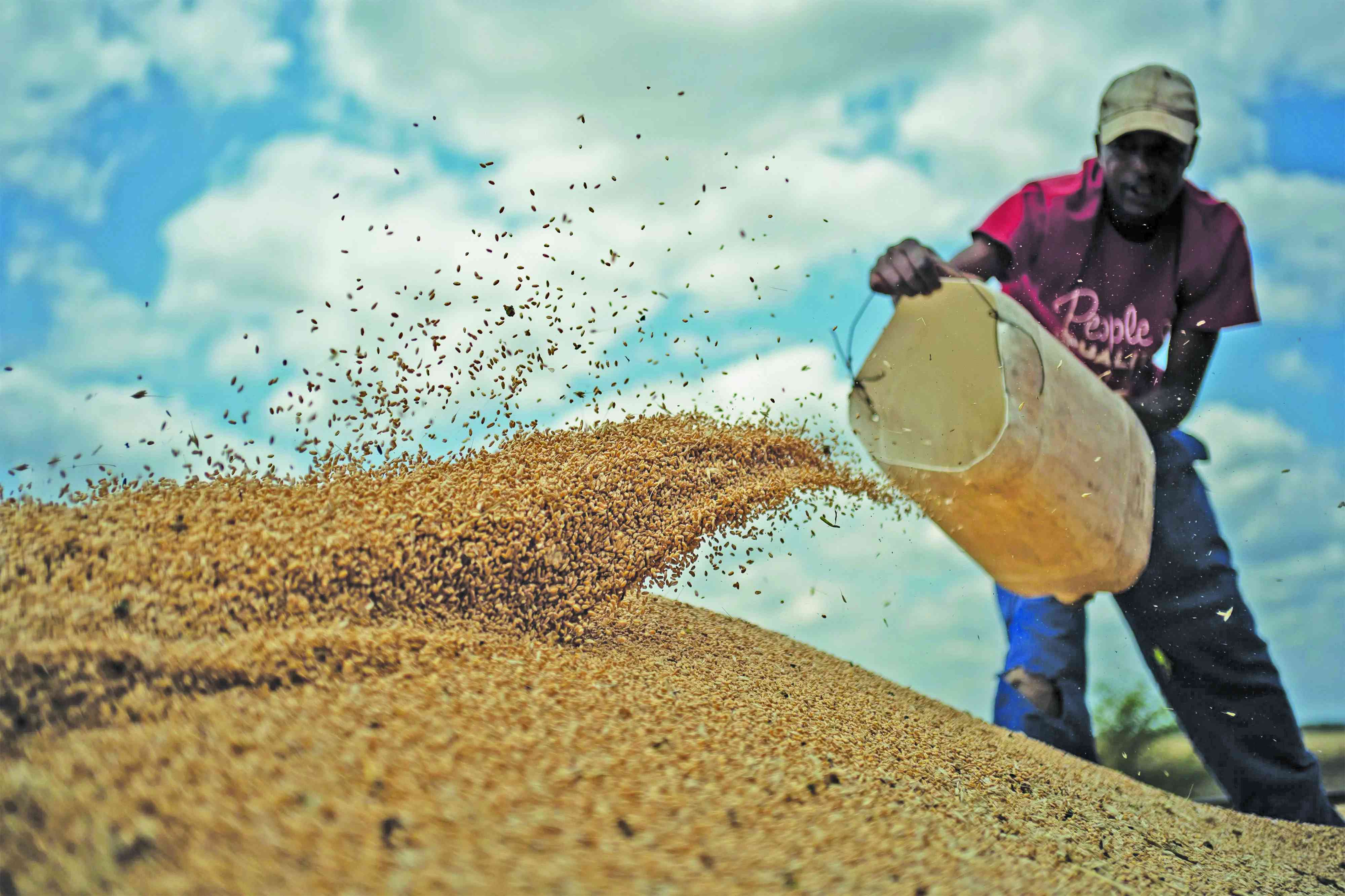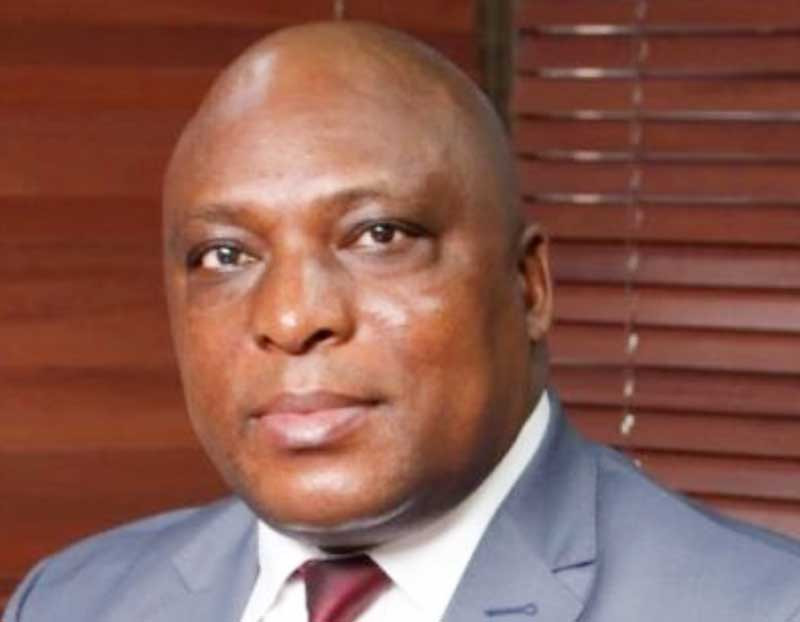
The Welshman Ncube-led MDC is not looking in the best of health. Maybe something was going to give after the party did not even win one contested seat in the July harmonised elections.
Report by Conway Tutani
Earlier in the year, Ncube had, in a page-long interview in the State-controlled Sunday Mail, boldly predicted a landslide victory for himself, but only got about 2% of the vote. What could have informed this way-off prediction? Maybe there was too much self-belief without factoring in the possibility of loss. On that scorecard, they grossly overrated themselves. They should have been their sternest critic; they should have looked at the worst case scenario and taken it up from there.
They also took strong exception to being labelled by the media as the smaller formation of the MDC. “Those who say that we are few need to have their heads examined,” said Ncube, but the July poll results reconfirmed that this was in fact so. The media was only reporting the state of affairs at that point. This was not meant to imply that they would be smaller forever. Zanu was smaller than Zapu when it broke away from the latter in 1963, but over the years it became bigger through hard political work. At times like these, the MDC needs some perspective.
They also accused the media of not covering them enough and favouring other parties. The media is there to report the good and bad times without fear or favour.
So the outburst by MDC deputy spokesperson Kurauone Chihwayi this week that: “This is hogwash and baseless . . . It is none of your business to know every move that Ncube makes,” when asked about Ncube’s whereabouts, was uncalled for.
It should be restated here and now that the MDC failed to see that the interests of the Matabeleland region are much the same as those of the whole country – jobs and the economy. This has made their invocations and strategies redundant. For one, Ncube could have overplayed the devolution card. Some of the issues he blamed on marginalisation had nothing to do with that, but everything to do with climate because Matabeleland is an arid region – like most parts of Masvingo.
Although there are ethnic dynamics in any body politic, these should not be highlighted too aggressively and insensitively. If you do so, things can easily get out of hand and boomerang on you. Maybe there was wrong pitching on the part of the MDC regarding this issue. In 2008, Barack Obama presented himself as the best candidate nationally without any reference to his African-American roots, pulling the rug from under the rabid white racists who then failed to project him as undeserving, ineligible, an aberration or ogre; and pacifying the moderates across race who were naturally wary of something new. He carefully crafted his campaign so as not to make his race an issue, but his worth, his high-value worth. He did not dwell on tired, old issues and prejudices, but redefined the political discourse to articulate his own vision and mission. Indeed, preoccupation with past failures and injustices can bog one down while others are moving forward.
- Chamisa under fire over US$120K donation
- Mavhunga puts DeMbare into Chibuku quarterfinals
- Pension funds bet on Cabora Bassa oilfields
- Councils defy govt fire tender directive
Keep Reading
Ncube also did not come out strongly when abhorrent things were publicly said by some top MDC officials. There are nasty people in every organisation – Zanu PF, MDC-T, MDC, etc – but these have to be restrained by bold, no-nonsense leadership. Obama’s Republican presidential opponent John McCain, a white American, cut down to size openly on live TV a white woman supporter who had made offensive racist remarks about Obama during the election campaign in 2008. He told her Obama was an American like her, but who happened to be black. MDC women assembly chairperson Thandiwe Mlilo in 2011 made shocking remarks about MDC-T deputy president Thokozani Khupe, who was undergoing chemotherapy for breast cancer, as having “lost her hair for following a Shona leader”, Morgan Tsvangirai. This was as bad as it could get, but no one publicly rebuked Mlilo over that. This “kindness deficit” rubs people the wrong way. You cannot blank this out. The political context is everything here.
They should ask themselves why the more conciliatory David Coltart fared far much better than other MDC candidates, losing by the narrowest of margins in Bulawayo South. Coltart, who evinced common sense and self-evident truth, honestly and correctly assessed the slim chances of victory for a divided opposition, but this political realism was absent among his colleagues who were living in fantasyland. Even in the animal kingdom, species like lions, cheetahs and baboons make strategic alliances within their groups to ensure safety and security and maximise benefits.
Which brings out the next point: Conflict happens in any organisation and set-up, but its management is not a given. There has been poor conflict management in the MDC. For a small party, conciliation would have strengthened them than suspensions and expulsions left, right and centre. By so doing, they created barriers.
Ncube has also been accused of operating a kitchen Cabinet, particularly favouring party secretary-general Priscilla Misihairabwi-Mushonga, which thing, ironically, he accused Tsvangirai of doing in the lead-up to the MDC split in 2005.
When I wrote in October 2011 about these shortcomings in the MDC, Qhubani Moyo, the party’s then national organising secretary who has since deserted it after the crushing loss and is reportedly on the verge of defecting to Zanu PF (which is very much his right), shot back: “Tutani should take a break to learn more and read more so that he comes with a better understanding, appreciation and analysis of national issues.”
Qhubani, there is quite a lot of learning to do on all sides, isn’t there?











